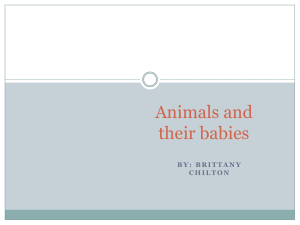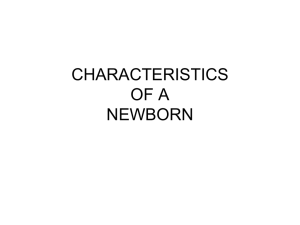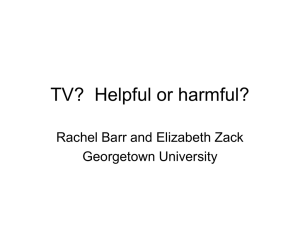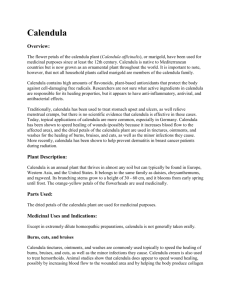Ask the doctor
advertisement
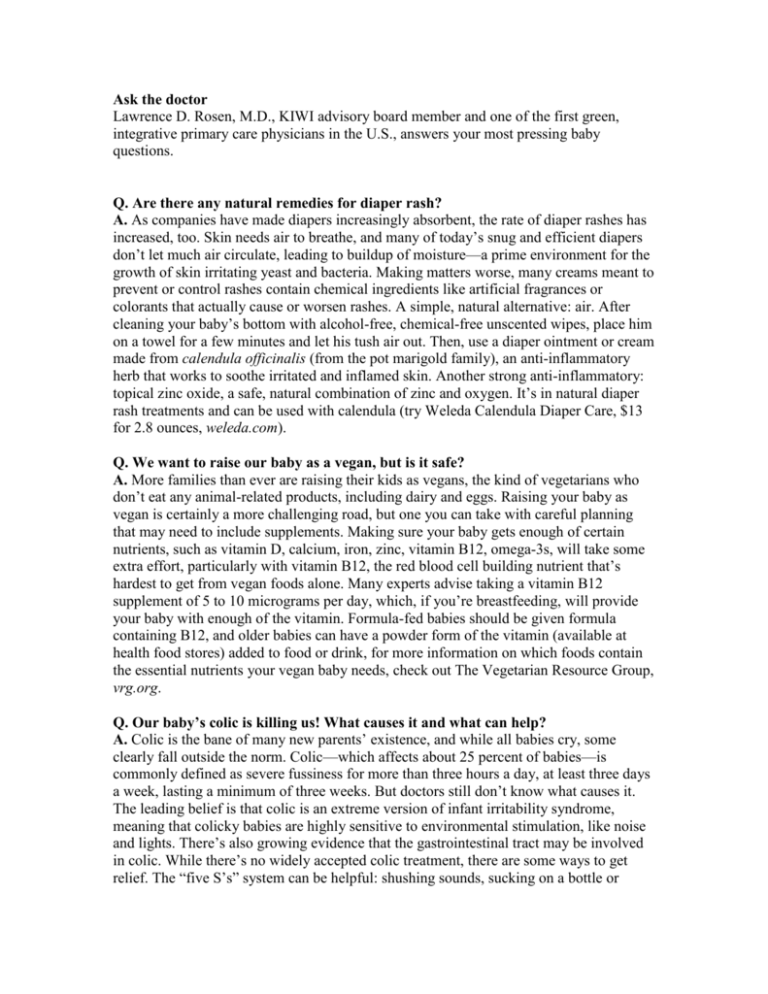
Ask the doctor Lawrence D. Rosen, M.D., KIWI advisory board member and one of the first green, integrative primary care physicians in the U.S., answers your most pressing baby questions. Q. Are there any natural remedies for diaper rash? A. As companies have made diapers increasingly absorbent, the rate of diaper rashes has increased, too. Skin needs air to breathe, and many of today’s snug and efficient diapers don’t let much air circulate, leading to buildup of moisture—a prime environment for the growth of skin irritating yeast and bacteria. Making matters worse, many creams meant to prevent or control rashes contain chemical ingredients like artificial fragrances or colorants that actually cause or worsen rashes. A simple, natural alternative: air. After cleaning your baby’s bottom with alcohol-free, chemical-free unscented wipes, place him on a towel for a few minutes and let his tush air out. Then, use a diaper ointment or cream made from calendula officinalis (from the pot marigold family), an anti-inflammatory herb that works to soothe irritated and inflamed skin. Another strong anti-inflammatory: topical zinc oxide, a safe, natural combination of zinc and oxygen. It’s in natural diaper rash treatments and can be used with calendula (try Weleda Calendula Diaper Care, $13 for 2.8 ounces, weleda.com). Q. We want to raise our baby as a vegan, but is it safe? A. More families than ever are raising their kids as vegans, the kind of vegetarians who don’t eat any animal-related products, including dairy and eggs. Raising your baby as vegan is certainly a more challenging road, but one you can take with careful planning that may need to include supplements. Making sure your baby gets enough of certain nutrients, such as vitamin D, calcium, iron, zinc, vitamin B12, omega-3s, will take some extra effort, particularly with vitamin B12, the red blood cell building nutrient that’s hardest to get from vegan foods alone. Many experts advise taking a vitamin B12 supplement of 5 to 10 micrograms per day, which, if you’re breastfeeding, will provide your baby with enough of the vitamin. Formula-fed babies should be given formula containing B12, and older babies can have a powder form of the vitamin (available at health food stores) added to food or drink, for more information on which foods contain the essential nutrients your vegan baby needs, check out The Vegetarian Resource Group, vrg.org. Q. Our baby’s colic is killing us! What causes it and what can help? A. Colic is the bane of many new parents’ existence, and while all babies cry, some clearly fall outside the norm. Colic—which affects about 25 percent of babies—is commonly defined as severe fussiness for more than three hours a day, at least three days a week, lasting a minimum of three weeks. But doctors still don’t know what causes it. The leading belief is that colic is an extreme version of infant irritability syndrome, meaning that colicky babies are highly sensitive to environmental stimulation, like noise and lights. There’s also growing evidence that the gastrointestinal tract may be involved in colic. While there’s no widely accepted colic treatment, there are some ways to get relief. The “five S’s” system can be helpful: shushing sounds, sucking on a bottle or breast, side or stomach positioning, swinging, and swaddling. Herbal teas like chamomile (give ½ to 1 ounce of tepid tea up to 3 times a day), gripe water (a blend of fennel, dill, and chamomile), and homeopathic colic remedies, such as Colic Calm (coliccalm.com), may also help. If you think your baby is having abdominal pain, ask your pediatrician about probiotics or infant massage. Colic should fade by the time your baby is 12 to 16 weeks old, and in the meantime, be sure to take care of your own psychological health through meditation, yoga, or a support group. Ask your doctor to recommend a local group, or find one through La Leche League, llli.org. Q. I’ve heard antibacterial soaps are unhealthy, but shouldn’t I protect my baby from germs? A. Say it with me now: “Germs are not always our enemies—germs can be our friends!” We’ve lived in harmony for many years with bacteria, yeast, and viruses, which means it’s important not to overreact to everyday germs—even when it comes to babies. Unfortunately, the routine use of antibacterial soaps is actually contributing to the emergence of stronger, resistant “bad bugs” that can causes disease and are much harder to kill with antibiotics. Not only do most antibacterial soaps contain skin-irritating alcohol, but many also include hard chemicals like triclosan, which has been linked to hormone disruption and an increased risk of allergies. Bottom line: The possible dangers of using antibacterial soaps on and around babies (and most people, for that matter) outweigh the benefits, as many of these chemicals weaken the immune system’s ability to fight infections. If you’re looking for an alternative to wash away germs when needed (like when guests want to hold your baby), consider this simple remedy: regular soap and water. Or make your own natural hand sanitizer, like we do at the Whole Child Center: Fill a small glass spray bottle with water, and add one drop each of the essential oils cinnamon, clove, rosemary, and eucalyptus. Mix in five drops of lemon essential oil and one teaspoon of aloe vera gel. Q. Why does my baby keep getting the hiccups (she has them at least five times a day)? She looks so uncomfortable! A. Babies start hiccupping way before they’re born; most moms feel it during pregnancy about the same time they feel the baby’s first movements. It’s no different after they’re born. This reflex is just a normal part of your baby’s development that goe along with her learning how to breath and eat in her new environment. It may look uncomfortable to you, but hiccups are rarely bothersome to a baby. In fact, the only time it’s a problem is if it interferes with feeding or sleeping, which is almost never the case. If she does look upset, you can simply nurse her if you’re breastfeeding; or, try giving her a sip or two of water to calm the reflex—sucking and swallowing seem to do the trick. Your newborn’s hiccups will most likely go away by the time she’s 2 to 3 months old. Q. What should my baby wear to sleep in? Flame retardants are toxic—but shouldn’t he be protected from fire? A. Fire prevention is the best protection (watch those candles), but flame-retardant sleepwear is what the Consumer Product Safety Commission (CPSC) recommends to be as safe as possible. While it’s true that some flame retardants (like PBDE’s) have been linked to endocrine disruption and neurodevelopmental concerns, PBDE’s aren’t used in children’s sleepwear anymore. Most sleepwear today is made with a different class of flame retardants, such as polyester; these flame retardants are woven into the fibers to limit chemicals from leaching out and touching a baby’s skin. While there is no direct evidence that these particular chemicals cause human health problems, it’s best to look for the least toxic options just to be on the safe side. So what can you do? There are eco-friendly choices that are now approved by the CPSC for fire safety. Snug-fitting 100 percent cotton or wool pajamas limit oxygen entry and therefore naturally retard flames. Check the labels and look for those made without chemicals; organic brands should fit the bill. Q. Should I have my son circumcised? A. Circumcision, the removal of the foreskin covering the head of the penis, has increasingly become a debate in the U.S. The American Academy of Pediatrics doesn’t routinely recommend it since it’s not essential to a child’s health, and it’s becoming less common: Only about a third of parents opt for it now, down from over half in 2006. So why do it—or not? Risks are rare by can include bleeding, infection, cutting the foreskin too short or too long, and phimosis, a condition where foreskin retraction is difficult. Benefits include a slightly lower risk of urinary tract infection, sexually transmitted infections, and cancer of the penis. Because the medical benefits are fairly minimal, most parents base the decision on religious or cultural reasons. Some parents want their sons to look like Dad, while others advocate for intact genitalia, believing that the foreskin is part of the natural body and should be left alone. Bottom line: After you weigh the risks and benefits, you’ll have to assess your family’s personal beliefs to make the final decision. Have more questions? Listen to KIWI’s most recent webinar with Dr. Rosen, where he talks more about keeping kids healthy, naturally.

